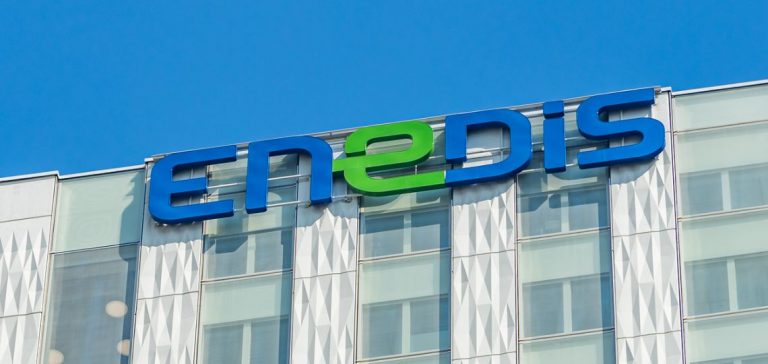In the heart of Paris, Enedis, the manager of the electricity distribution network in France, has launched a large-scale project to replace old underground cables. These cables, insulated with oil-impregnated paper (CPI), have been in service since the 1960s and are now sensitive to high temperatures. “We are anticipating the renewal of these cables to ensure better resilience of the network in Paris,” says Olivier Lagnel, regional delegated director of Enedis.
A fragile underground electrical network
Paris is a unique city in terms of electrical network because all its cables are buried. This specificity, which optimizes surface space, protects the network against weather conditions such as wind, but makes it vulnerable to high temperatures. Currently, about 1,590 kilometers of underground medium voltage cables in Paris, representing one third of the network, are still of the CPI type. During the 2003 heatwave, the aging of these cables led to an incident rate eight times higher, according to a report by the Court of Auditors.
Towards a network resilient to heatwaves
CPI cables were used in France until 1981 and in other major cities such as Chicago, London, and Tokyo. These cables, composed of several layers of paper wrapped around a conductor and impregnated with oil, can withstand temperatures up to 90°C. However, during prolonged heatwaves, cable temperatures can reach 120-130°C, increasing the risks of “breaking” and incidents on the network.
A gradual but accelerated replacement
Since 2009, Enedis has initiated a program to replace these cables with the goal of completely eliminating them by 2050. Currently, about 700 kilometers of CPI cables are replaced each year across the country, with acceleration planned in large metropolitan areas like Marseille and Lyon. In Paris, 70 kilometers of these old cables are replaced annually, equivalent to two laps around the Paris ring road.
Anticipating future heatwaves
The new installations use synthetic insulation cables, more resistant to temperature increases. Beyond Paris, cities like Shanghai, Singapore, and Sydney have already initiated similar programs to adapt their networks. The challenge for these metropolises is to secure electrical supply in the face of extreme climatic phenomena and to preserve existing infrastructure, sometimes over 50 years old.
Modernizing to better prevent
The replacement of CPI cables also includes updating junction boxes, critical connection points for network reliability. These components, also sensitive to heat, are replaced with newer and more durable models. By anticipating these updates, Enedis hopes to avoid costly service interruptions while ensuring a stable and reliable electricity distribution for Parisians.
An ambitious and necessary project
This modernization project in Montparnasse, one of the most densely populated neighborhoods in the capital, represents a strategic investment for Enedis. The manager aims for the Paris network to be fully equipped with synthetic insulation cables by 2050, capable of withstanding extreme climatic episodes that could become the norm in the coming decades.






















